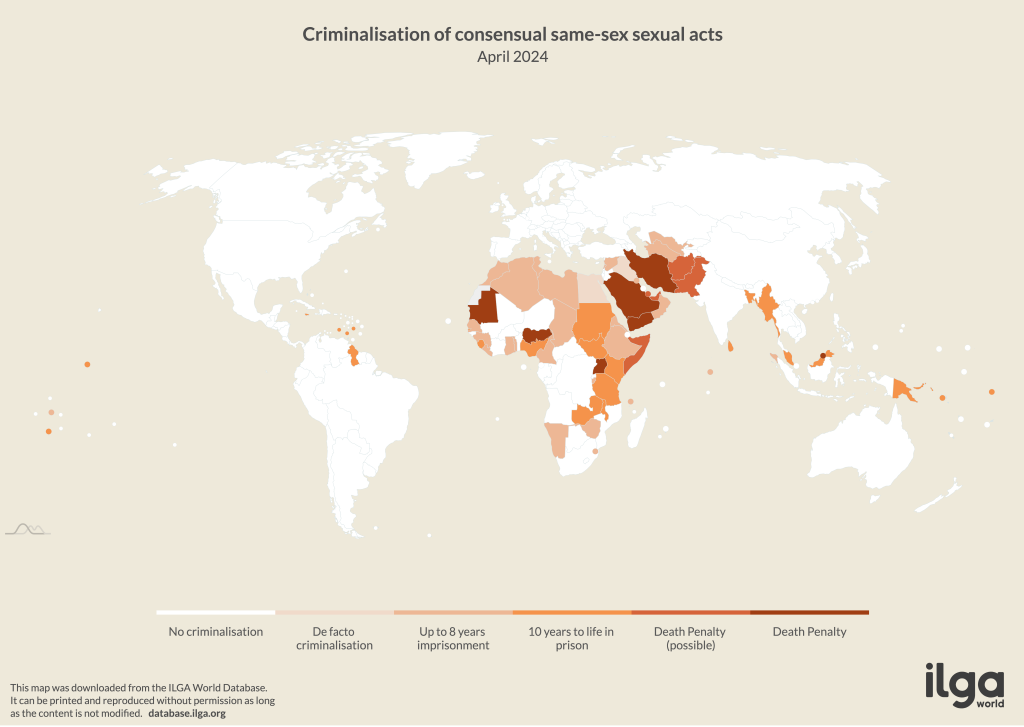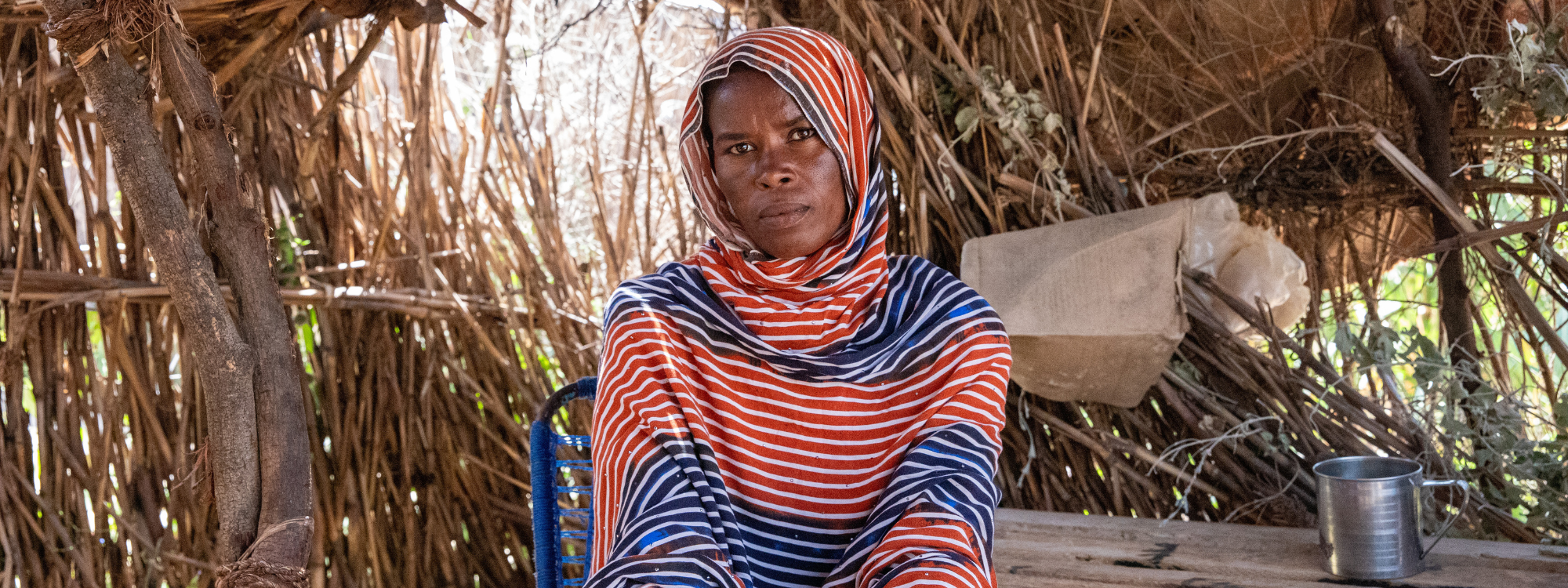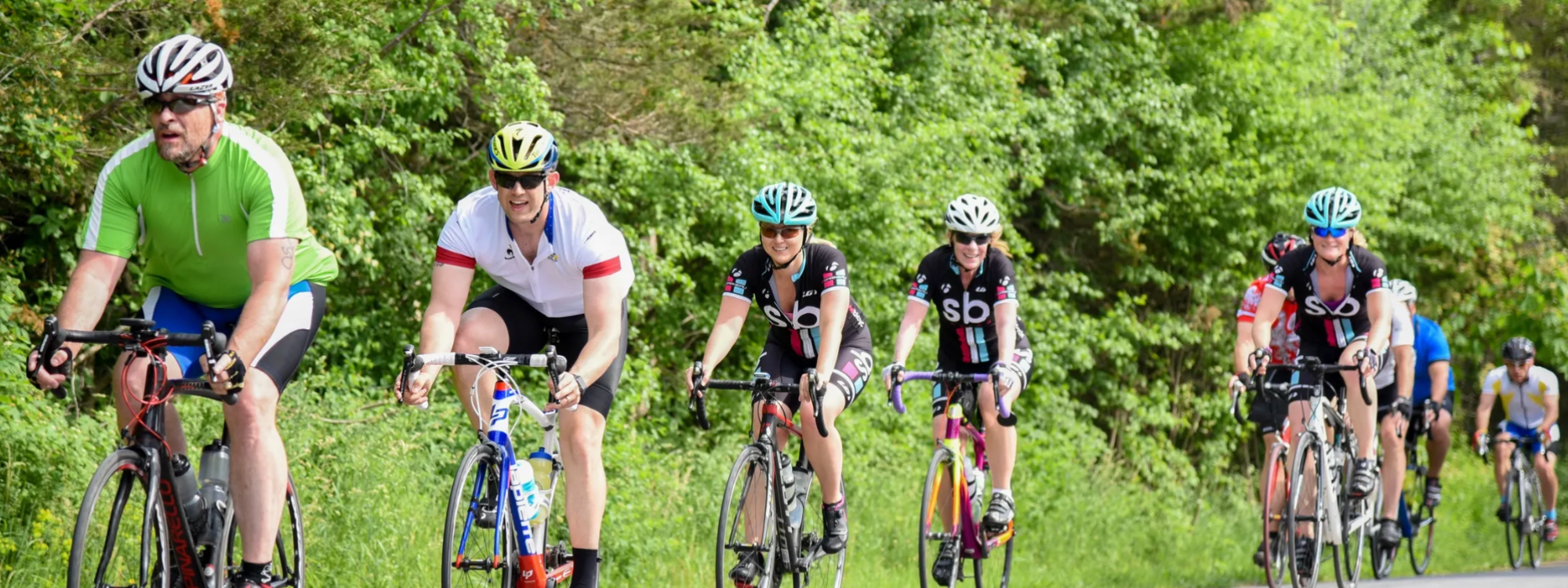
Blog
Our Inclusive Approach to Shelter Aid
June marks Pride Month. It’s a celebration of the LGBTQIA+ community, across the world. Although in many parts of the globe, the queer community has experienced great advances in recognition of their rights, there is still a long way to go to create a world without prejudice. Pride must also be a reflection of this, and how we can work together to improve the lives of LGBTQIA+ people everywhere
Even in countries tJune marks Pride month. It’s a celebration of the LGBTQIA+ community, across the world. Although in many parts of the globe, the queer community has experienced great advances in recognition of their rights, there is still a long way to go to create a world without prejudice. Pride must also be a reflection of this, and how we can work together to improve the lives of LGBTQIA+ people everywhere
Even in countries that legally recognise the LGBQIA+ community, many can still face prejudice and misunderstanding. And in many countries in the world, being LGBTQIA+ is still a criminal offense – in some cases, punishable with the death penalty. This map from ILGA World illustrates where it is still a crime to be part of this community.
Map of the world centred on the Atlantic showing countries where same sex sexual acts are a criminal offense
ShelterBox works, or has worked previously, in some of these countries. And even in countries where queer identities are not punishable, people may not be recognised by their government. This means that people may be excluded from receiving aid from government sources, as they are not recognised as a family unit. This is against the humanitarian ideal of neutrality – giving support where it is needed, without prejudice or restrictions.
Our primary mission is to ensure that no one is without shelter after disaster, and we take an inclusive approach to this. We do not seek to define what a family is, or the gender identities or sexuality of people within them. We also do not ask the people we support whether they are part of the LGBTQIA+ community, as this could put them at risk of prejudice or even persecution within their country. We provide support where it is needed – and seek to support people who may be marginalised or excluded from receiving aid elsewhere no matter who they are.
Something else we consider is how we support our own staff. When our staff or volunteers travel to disaster or conflict area, those that identify as part of the queer community could be at additional risk. We support our teams before, during and after deployment to disaster locations. They can also take part in our TRiM process, supporting the mental health of our teams. For all our staff, our Wellbeing team continues to share resources for the LGBTQIA+ community, celebrating the diversity that makes up our work force and volunteers.
The world has changed a lot in the 55 years since the Stonewall Riots brought attention to the LGBTQIA+ community and helped bring about a change in recognition and acceptance. But prejudice still exists, and communities continue to face marginalisation and misunderstanding. At ShelterBox we recognise and celebrate the diversity of our staff, volunteers, and the people we support. And we will continue our inclusive approach to aid. Because there are no exceptions to our vision – no one left without shelter after disaster. hat legally recognize the LGBTQIA+ community, many can still face prejudice and misunderstanding. And in many countries in the world, being LGBTQIA+ is still a criminal offense – in some cases, punishable with the death penalty. This map from ILGA World illustrates where it is still a crime to be part of this community.

ShelterBox works, or has worked previously, in some of these countries. And even in countries where queer identities are not punishable, people may not be recognized by their government. This means that people may be excluded from receiving aid from government sources, as they are not recognized as a family unit. This is against the humanitarian ideal of neutrality – giving support where needed, without prejudice or restrictions.
Our primary mission is to ensure that no one is without shelter after a disaster, and we take an inclusive approach to this. We do not seek to define what a family is, or the gender identities or sexuality of people within them. We also do not ask the people we support whether they are part of the LGBTQIA+ community, as this could put them at risk of prejudice or even persecution within their country. We provide support where it is needed – and seek to support people who may be marginalized or excluded from receiving aid elsewhere no matter who they are.
Something else we consider is how we support our own staff. When our staff or volunteers travel to disaster or conflict areas, those that identify as part of the queer community could be at additional risk. We support our teams before, during, and after deployment to disaster locations. They can also participate in our TRiM process, supporting the mental health of our teams. For all our staff, our Wellbeing team continues to share resources for the LGBTQIA+ community, celebrating the diversity that makes up our workforce and volunteers.
The world has changed a lot in the 55 years since the Stonewall Riots brought attention to the LGBTQIA+ community and helped bring about a change in recognition and acceptance. However prejudice still exists, and communities continue to face marginalization and misunderstanding. At ShelterBox, we recognize and celebrate the diversity of our staff, volunteers, and the people we support. And we will continue our inclusive approach to aid. Because there are no exceptions to our vision – no one is left without shelter after a disaster.



